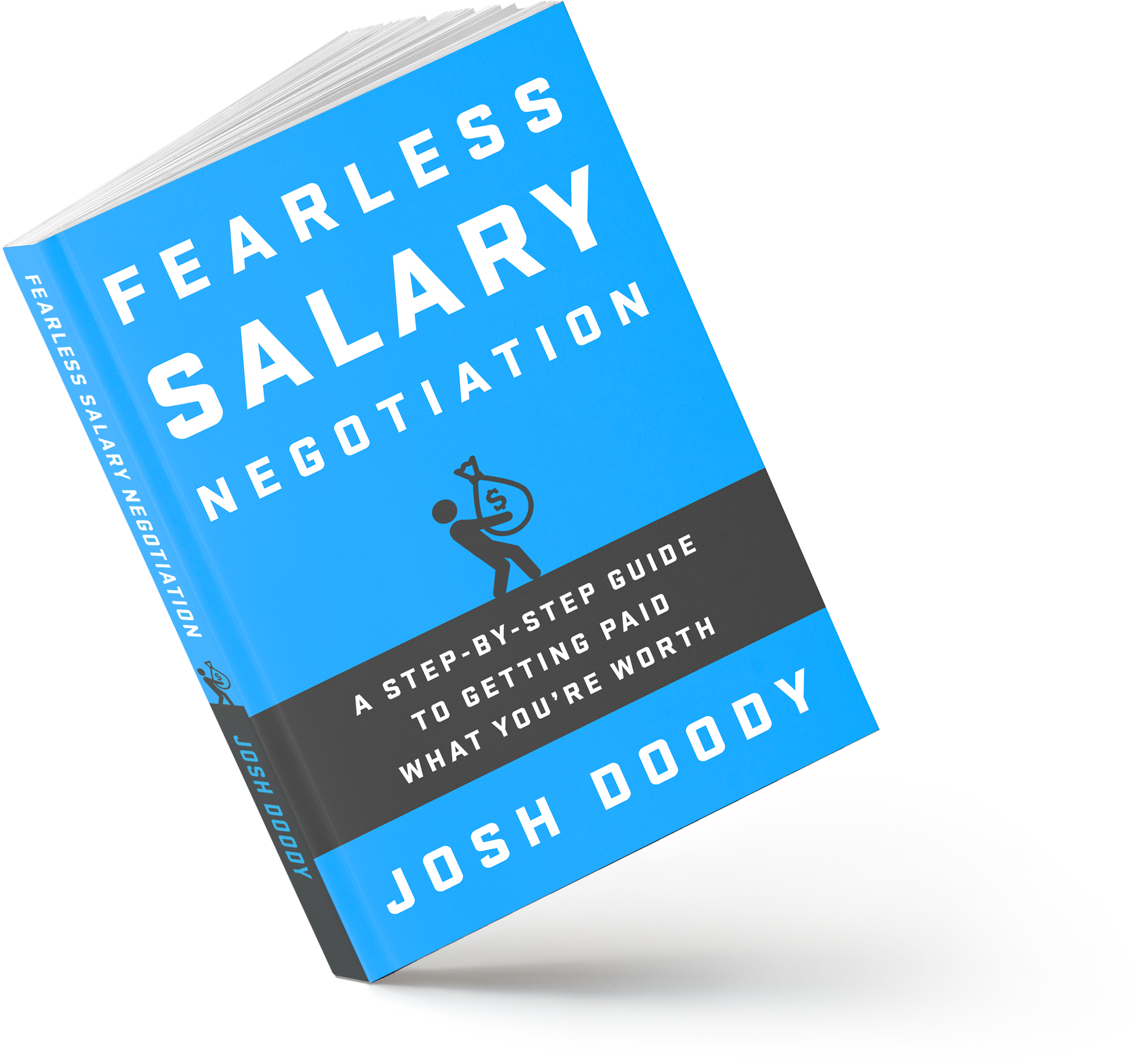
How do you know your pay grade?
Some ways you can learn what your pay grade looks like
Knowing your pay grade details will help you get paid what you're worth.

Knowing your pay grade details will help you get paid what you're worth.
The short answer is that you probably can’t, at least not for your specific company. I’ve worked at one company that told me the midpoint of my pay grade (but not the bottom and top bounds). Every other company I have worked for has protected their pay grade information like a trade secret.
You could try asking your manager where you are in your pay grade, and it’s possible your manager will tell you “the low end” or “the high end” or “near the middle”. But you probably won’t get much more info beyond that.
Still, there are some things you can do to guesstimate your position in your pay grade.
You may know what some of your colleagues are making, and that will give you a sense of how wide the pay grade actually is. In some places, it’s taboo to talk about salary. But sometimes people are more open about this, especially coworkers who have been together for a while in a smaller setting.
You can also look at industry pay to get a sense of where you stack up. PayScale.com, salary.com and glassdoor.com are good places to start. Those sites will give you a sense of what other people with your job title, skillset and experience in your industry or region are getting paid, including a midpoint. That gives you a sense of the answer to this question: “If I left my current job and went to do a similar job at a different company, what could I expect to be paid?”
You might be thinking something like, “But those sites would only give me a sense of where I might be relative to the average pay grade at a bunch of other companies. That doesn’t tell me where I am in my pay grade at my current company.” That’s sort of true. In reality, those sites reflect “market rates” or “market pay” for your skillset, and most companies use market research to determine their own salary structures. They’re not just making up pay grades in a vacuum—they’re doing research to figure out what people are making to do certain jobs in the industry. So there’s a bit of a feedback loop that makes PayScale.com, salary.com and glassdoor.com pretty useful: Companies do research to see what other companies are paying, they adjust their pay grades accordingly, they pay their employees according to those salary structures, those employees report their salaries online and elsewhere, and companies do research to see what people are reporting, etc.
The type of research that companies do to determine their pay grades is quite similar to what you would do by just going to PayScale.com, salary.com and glassdoor.com, but their research is a little more sophisticated and much more expensive.
Throughout this book, I give you step-by-step methods to get paid what you’re worth. A lot of those methods are based on this concept of pay grades, and how they map to experience and potential salaries.
My salary negotiation methods (negotiating for a new salary and negotiating a raise to increase your current salary) are designed to do two things: Get you in the highest pay grade possible, and get you the most money possible in that pay grade.
For example, the reason you shouldn’t give the first number in a salary negotiation is that you don’t know what your potential employer’s pay grades look like. But they know what their pay grades look like, and they probably have to offer you something in an appropriate pay grade. You can assume they won’t come right out and offer you the top number in that pay grade, so their initial offer will give you a sense of the pay grade’s midpoint or low end. That’s useful information. Of course, you want to maximize your salary, so your counteroffer is designed to get them to either bump you into the top of the pay grade you’re interviewing for, or bump you into a higher pay grade.
But if you name the first number, you’re doing so totally blind. You might even give a number below the bottom of the pay grade you’re interviewing for, so they may have to give you more than you asked for simply because the bottom of your new pay grade is higher than your request. In that case, you may think you get a generous result when they offer you more than you asked for, but you probably cost yourself a lot of money. Why? Because they’re giving you the absolute minimum they can give you to get you into that job within their salary structure.

I'm Josh Doody, a professional salary negotiation coach who helps High Earners negotiate their job offers. On average, High Earners improve their first-year compensation by $48,492 with my help.